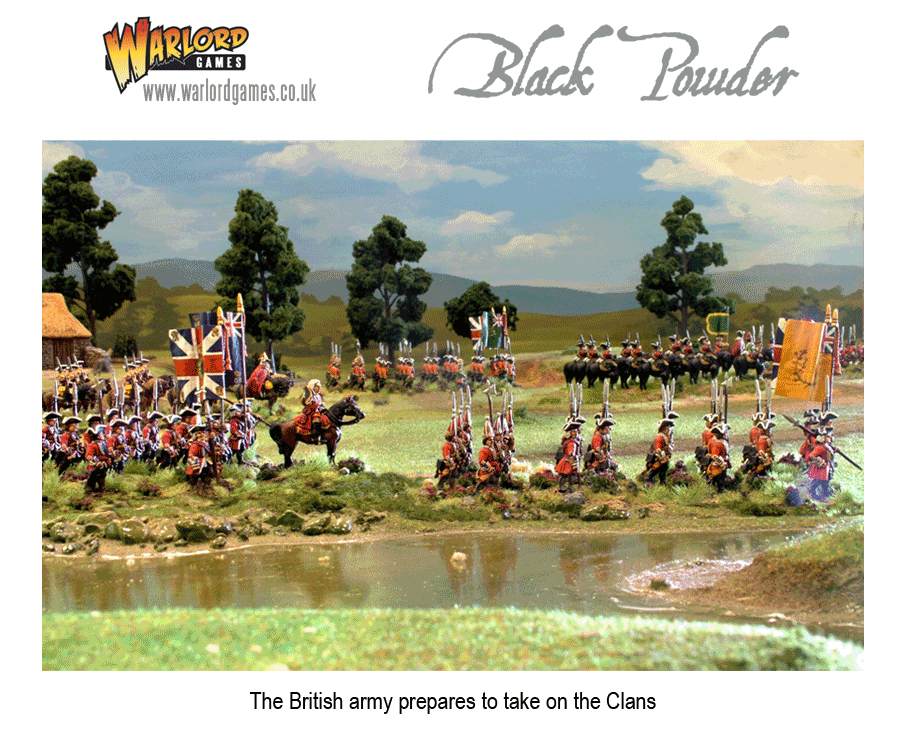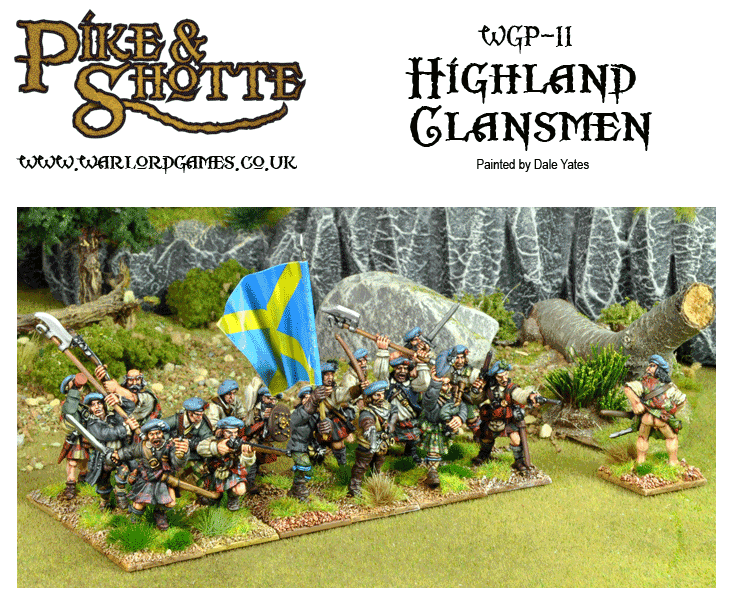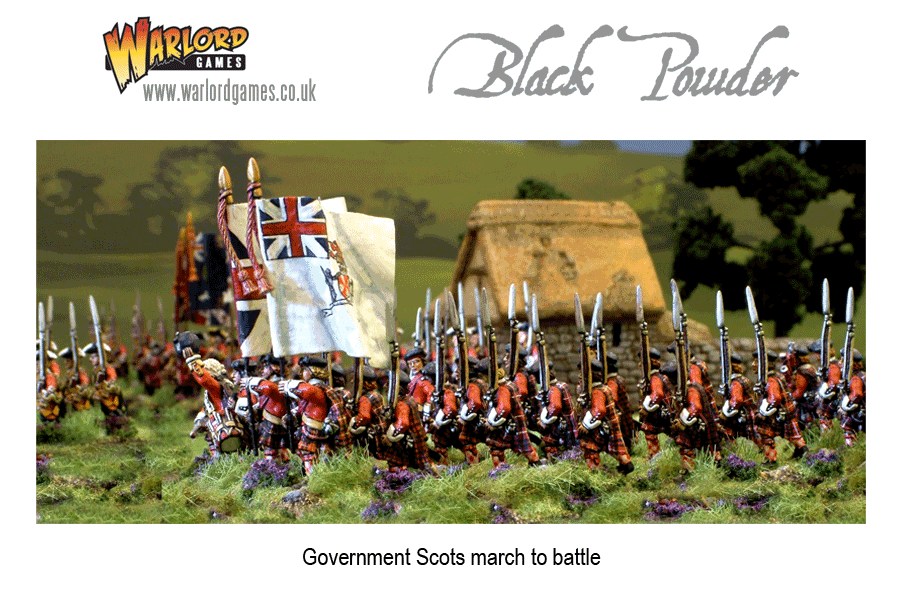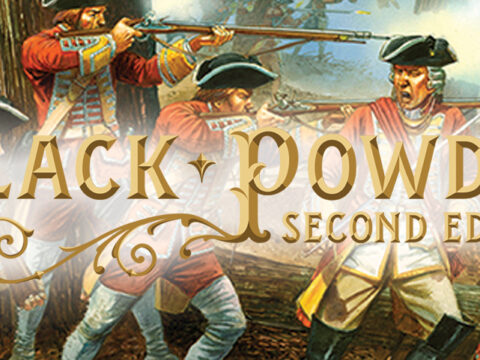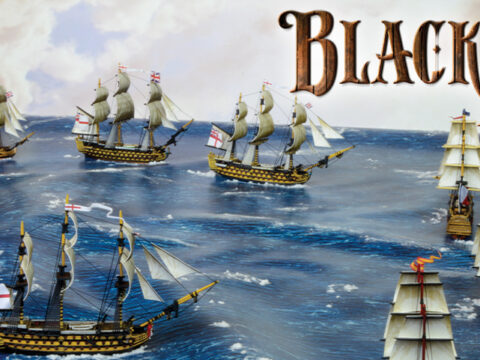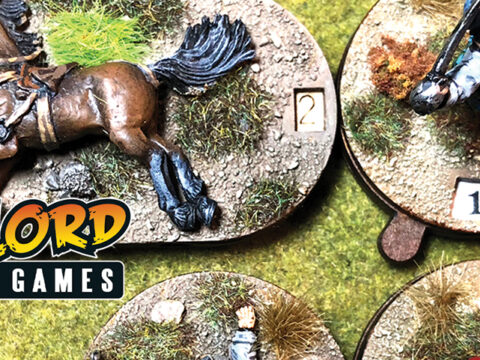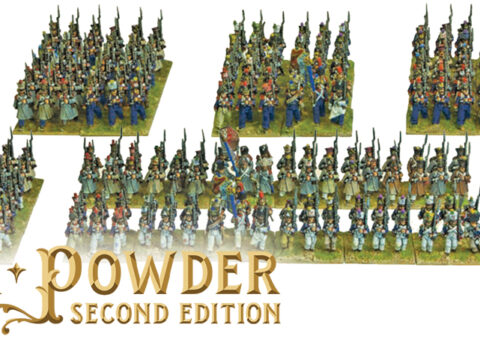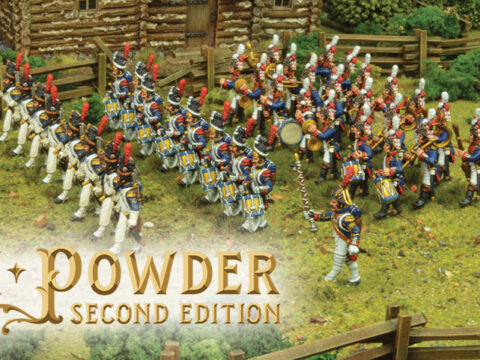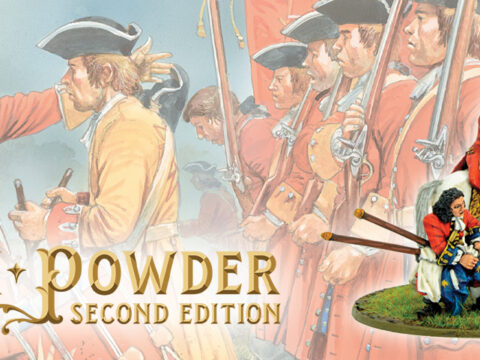By Bob Black
Bob has been writing for wargames magazines since 1984, has three history books published and has been editor of Toy Soldier magazine. He’s been gaming with figures since the early sixties and is as excited about our new plastics as when he first discovered 30mm figures half a century ago. Here Bob recounts the circumstances leading up to the Battle of Cromdale in 1690…
“But I ha’e dreamed a dreary dream
Beyond the Isle of Skye
I saw a dead man win a fight
And I think that man was I.”
Ballad of Otterburn
Cromdale is a most unusual battle. It was lost, and then won again, decades before it was fought, by a dead man against a foe that had not existed for forty years. Only the Scots could have such a battle in their history.
The bauld Pitcur fell in a furr
An’ Claver’s got a clankie, O
Or I had fed an Atholl gled
On the braes o’ Killicrankie, O
Burns
The Jacobites won a great victory at Killicrankie – forever commemorated in Burns’ great epic. The Clans, in a wild ferocious charge, scattered the English army under MacKay, but their commander, Graham of Claverhouse (Bonnie Dundee) took a fatal wound in the gap where his cuirass went under his sword arm. With Dundee dead there was no one to seize the opportunity the Clans had won. The army retreated under its new commander, Cannon, to fight a most unusual battle at the haughs of Cromdale – haugh is a Scots word for a low-lying meadow by the side of a river.
When William of Orange landed in England in November 1688 John Graham became second-in-command of the Scottish army raised to supported James II. On 12th November he was created Viscount Dundee by James. The following month James fled England and Claverhouse returned to Scotland to raise an army.
On 17th July 1689 Bonnie Dundee’s forces ambushed the English army under General Mackay at the Pass of Killicrankie. The English were routed but Dundee was killed. He was the one man who might have led the Scots to victory and restored James to the throne. With him any chance of Jacobite success died although the “cause” would continue for over half a century.
We were in bed, Sir, every man,
When the English host upon us came:
A bloody battle then began,
Upon the haughs of Cromdale
The English horse they were sae rude,
They bath’d their hoofs in Highland blood,
But our brave Clans they boldly stood
Upon the haughs of Cromdale
On the 1st May 1690 an English army under Livingstone surprised the Scots as they camped on the haughs of Cromdale. The old ballad says the Clans boldly stood and they did. But only for a while. Fifteen hundred Scots were killed at Cromdale and the rest of the Jacobite army fled.
And fleeing with them went history and fact. Now we are in the realms of legend and the ballad makers. For the ballad tells us that the Great Montrose led an army of Clansmen back to Cromdale where a second battle began. “Thus the great Montrose did say, Highland man, show me the way, for I would over the hills this day to view the haughs of Cromdale” The English were at dinner when the Scots charged and there was fierce fighting. The ballad names the Clans and tells of their deeds in the battle:
“The M’Donalds they returned again,
The Camerons did their standard join,
M’Intosh played a bloody game”.
Even my own people were there – the Nameless Clan out in the open and fighting under their own token, with their cry “haloo Grigalach!” ringing out across the battlefield.
All of the Clans are named and finally the Loyal Stewarts advance with Montrose. The Scots fight twenty thousand of Cromwell’s English horse and five hundred of these flee to Aberdeen. “The rest of them lie on the plain, there on the haughs of Cromdale”.
Only Cromwell had been dead for thirty years and his army had not survived him. But then Montrose was also dead, hanged in the marketplace of Edinburgh in May 1650.
To make sense of this battle we must look to another great Scotsman, James Hogg, better known as the Ettrick shepherd. As well as writing music and poetry James Hogg collected and studied Scottish music and song. He says of the ballad Haughs of Cromdale that the first twenty lines contain a true description of the battle fought there on the 1st May 1690. These lines which tell how the English defeated the Scots form either the complete song or are what is left of the song. He says that as the words were good and the air beautiful it was no doubt a popular song but few people want to sing of their defeats at the hands of the invader and at some stage a bard added other verses. These concerned the victory of Montrose and the Clans at the Battle of Auldearn fought on the 4th May 1650. This allowed the singer to finish with a Scottish victory.
Even in Hogg’s day it was impossible (and probably not desirable) to separate the song into two separate parts. It remains today a battle won forty-five years before it was lost, by a dead man against an army that no longer existed.
All that remains to say is that if you haven’t heard the ballad you should. It is available in various Scottish collections, although I’ve yet to hear a recording that mentions the Nameless Clan. Then that’s all part of the charm of this strange battle…

